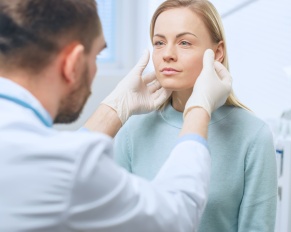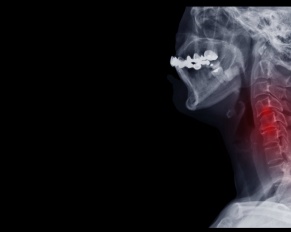Chronic Condition Home Care: A Necessity in Modern Healthcare In today’s healthcare landscape, the emphasis on patient-centered care is more…


Chronic Condition Home Care: A Necessity in Modern Healthcare In today’s healthcare landscape, the emphasis on patient-centered care is more…

Originally posted on: https://www.todaystopquestions.com/toxic-alert-nj-battles-water-contaminants/ In a startling disclosure that underscores the escalating environmental concerns in the region, the U.S. Environmental…

The decision to undergo cosmetic procedures is both personal and profound. It’s a journey that promises transformation, rejuvenation, and newfound…

In an age where technology and modern medicine dominate the healthcare landscape, there’s a growing movement steering back to the…

Originally posted on: https://www.todaystopquestions.com/benefits-of-aging-in-place-for-senior-citizens/ In the tapestry of life, aging is an inevitable thread, woven with experiences, memories, and transitions.…

Varicocelectomy, aricocelectomy, a surgical intervention for varicoceles, is particularly relevant in the context of senior health care. As caregivers and in-home…

Originally posted on: https://www.todaystopquestions.com/a-comprehensive-guide-to-selecting-24-7-senior-care/ The decision to hire a 24/7 live-in senior care provider is a significant one, impacting not…

Artificial Intelligence (AI) is rapidly transforming the landscape of healthcare, introducing innovative solutions that promise to revolutionize diagnosis, treatment, and…

Cervical spine deformities, a group of conditions that distort the normal curvature of the neck, have been a subject of…

Just imagine: It’s been a long day of fun, exploration, and learning, and now it’s bedtime for your little one.…